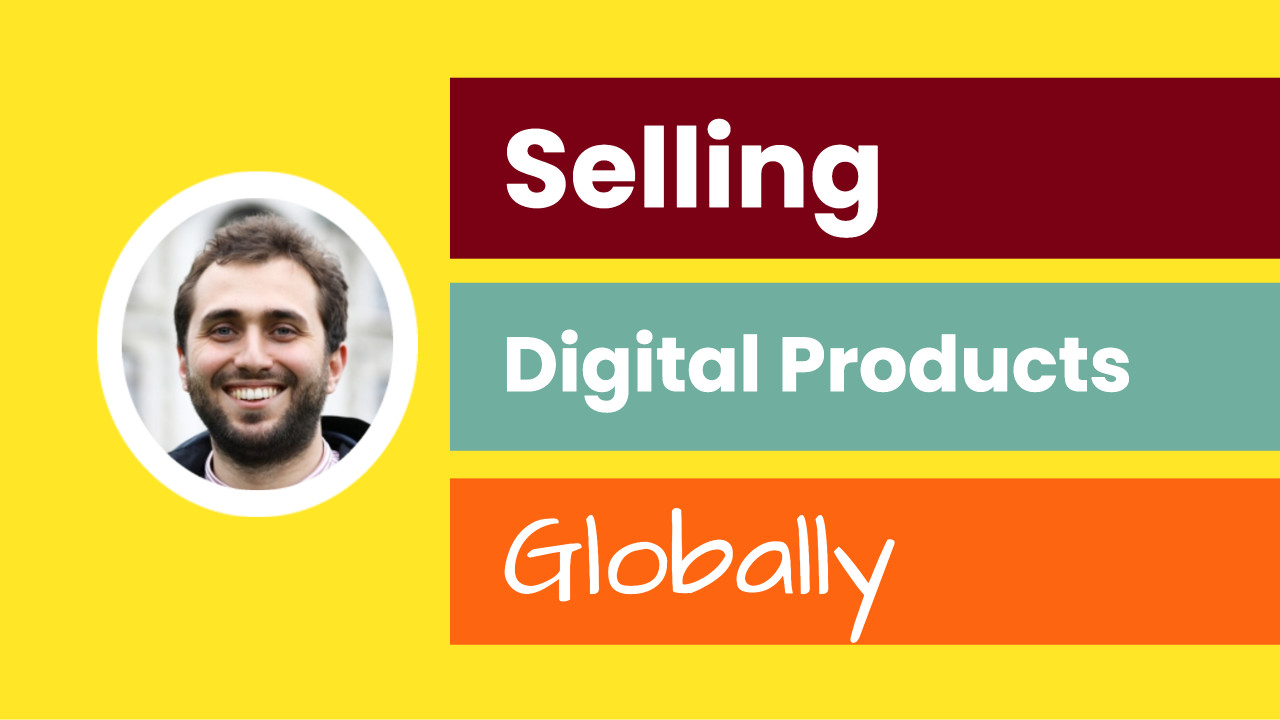If you are an entrepreneur or digital creator, the chances are that you have digital products that might benefit people from around the world. Maybe, you have some great design mockup, ebooks, video courses, code snippets or apps.
Global Sales, Global Issues
As creators or entrepreneurs, we often find it far more exciting to work on our products to perfect them or to expand our offering to reach and help more people. However selling globally also means being exposed to various tax regimes and compliance obligations. Different countries and jurisdictions have different rules regarding what kinds of taxes you should collect and remit. Honestly, this does not sound very exciting to me. I am not interested in becoming an international tax expert. Instead, I am interested in building better products and services and this means focusing on my core offerings.
Many entrepreneurs set up a company in the US through Stripe Atlas. It is simple to get started and Stripe makes the process rather easy and facilitates banking through Mercury. Yet, after setting up my company, I realized there are many tax obligations and compliance steps I might need to follow if I operate through that company. If you are a big company with a strong finance team, this might be doable but for an indie hacker or solopreneur like myself, this does not look very attractive.
So I decided to look for an easier way to both sell globally and stay compliant. It turns out there is a way to do this. Here is the magical term: Merchant of Record i.e. MOR.
What is a Merchant of Record?
A MOR is basically a company that acts as a global reseller of your products and services. They comply with international tax and compliance regulations, pay the necessary taxes, and fees, and usually take their commission as a percentage of the sale, depositing the remaining amount to your bank account. I have never used a MOR before but this looks very promising. However, I have purchased various digital products through MORs without really noticing it, and I’ve seen some entrepreneurs using such services..
MOR Solutions
Quick Comparison

I have not had the chance to try all of these in detail, but I have purchased digital products and apps through Fast Spring, 2Checkout, Paddle and Lemon Squeezy without knowing the underlying business model. Now, it all makes sense.
Fast Spring and 2Checkout seem to be older and more established with support for more sales options. Yet, their UIs look a bit older compared to Paddle and Lemon Squeezy. Paddle seems to be specifically focused on global SaaS products. In addition to having a fun name and beautiful UI, Lemon Squeezy offers support for both SaaS and digital products.
All of these services/companies offer real solutions to a real problem, and they all seem to be doing well. For my purposes, I decided to start with Lemon Squeezy as it nicely aligns with my needs. I am also hoping to try the other options for our upcoming projects.
Your Turn!
Are you using any of these solutions or do you have a better solution? Share your experiences with us in the comments section.
